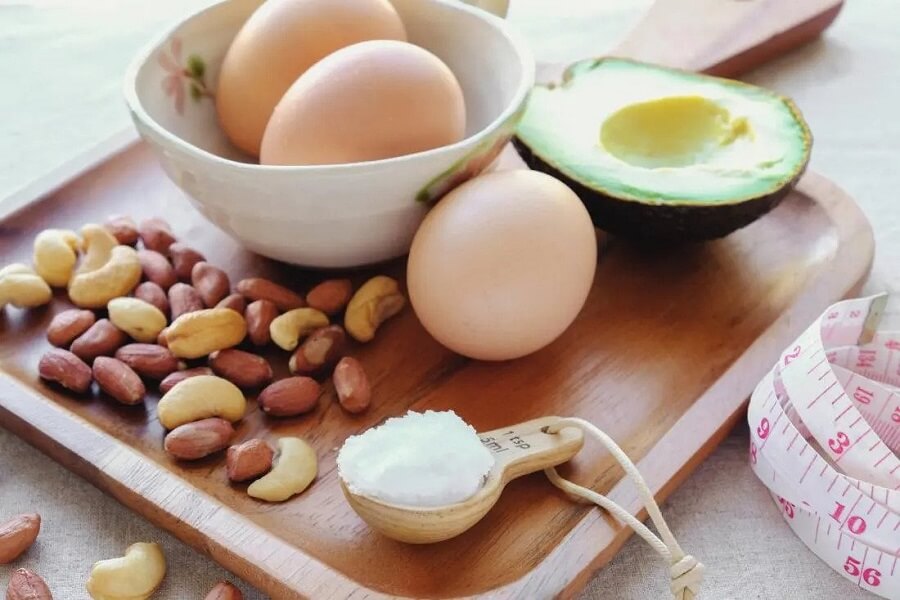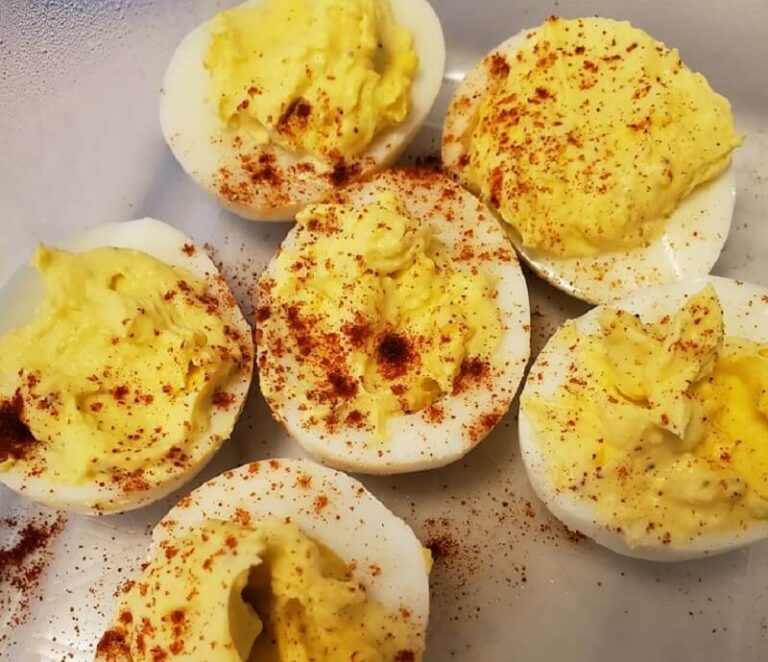As the popularity of the ketogenic diet – keto continues to grow, so does the interest in supplements.
Since doing the ketogenic diet eliminates a lot of food, you are more likely to suffer from a lack of some nutrients.
Some supplements are specific to the keto diet, and while your weight loss results will be similar, they can help reduce potential side effects.
This article looks at the best supplements for the keto diet.
Keto Supplements: What are they, and what are they for?
If you are on the ketogenic diet, keto supplements are a group of supplements that can help you. As the word indicates, these must be a compliment and not a substitute for a correct food choice.
As a general rule, it can be said that keto supplements serve to reduce the possible side effects of reducing carbohydrates in the diet.
Also, some keto supplements can ease the famous keto flu symptoms and keep you in ketosis for longer. If you lead an active lifestyle and exercise, keto sports supplements can give you more energy throughout the day.
The best supplements for the ketogenic diet
Now that we have a snapshot of keto supplements let’s go over which ones are the best and what they are for.
Here are the best supplements to use on the ketogenic diet:
- MCT oil
MCTs are fats that are naturally found in certain foods. The acronym MCT refers to Medium-Chain Triglycerides.
The MCT oil is a Keto supplement containing many of these fats. The key to the benefits of MCT is in its structure.
Most of the fats you eat are made up of long-chain fatty acids, which contain up to 13–21 carbons. MCTs have between about 6 to 13 carbons.
Being shorter, MCTs are metabolized differently, so this keto supplement is easier for the body to absorb than other fats and can be quickly used as an energy source.
MCTs can be converted to ketones quickly. Taking MCT oil can help you stay fat-burning, known as ketosis if you are on a ketogenic diet or a low-carb diet.
In other words, using MCT oil on the ketogenic diet would mean fewer unhealthy fats and allow for a more excellent balance in the diet.
Studies have confirmed that daily use of MCT oil reduces body weight, waist circumference, body fat percentage, and total visceral fat. (1,2)
Coconut oil is one of the richest natural sources of MCT, with approximately 17% of its fatty acids. Although in the form of supplements, these are even more concentrated.
The easiest way to use this keto supplement is to add it to keto coffee or bomb.
- Magnesium supplements
Magnesium is a mineral that regulates blood sugar levels and strengthens your immune system. In addition, this mineral plays a fundamental role in protein synthesis and cellular respiration. (3)
On a ketogenic diet, not only do you excrete more magnesium in your urine, it can be even more challenging to reach the recommended amount of magnesium. Many magnesium-rich foods like beans and fruits are also high in carbohydrates.
For these reasons, taking magnesium supplements can be beneficial when on the keto diet.
The best magnesium supplements are magnesium glycinate, gluconate, and citrate. Taking about 250 – 400 mg per day is sufficient.
Magnesium supplements reduce muscle cramps and improve sleep quality, mood swings, and irritability. All common symptoms when starting the keto diet.
- Omega-3 capsules
Omega-3 fatty acid supplements, capsules, and oils are rich in EPA and DHA, two molecules with extensive health benefits.
Taking Omega-3 capsules reduces inflammation, lowers the risk of heart disease, and prevents neurodegenerative diseases.
A ketogenic diet high in soybean oil, butter, and other Omega-6 fats can create an imbalance in the body and cause inflammation.
Omega-3 supplements while on a ketogenic diet help maintains a healthy ratio of omega-3 to omega-6 in the body. This isn’t easy to do with food.
When shopping for omega-3 supplements, choose a good quality brand that provides at least 500 mg of EPA and DHA per 1,000 mg.
If you take anticoagulant medications, you should consult a doctor before taking omega-3 supplements since they can liquefy the blood on keto or not.
- Electrolytes
Electrolyte supplements are the cheapest and best for the ketogenic diet, particularly for keto beginners.
The first few weeks of the keto diet are the most challenging. By cutting carbohydrates, you not only start to lose a lot of water but also the minerals dissolved in it: sodium, potassium, magnesium, etc. These are what are known as electrolytes.
Lack of these nutrients can cause you to feel typical keto flu symptoms – headaches, fatigue, dizziness, etc.
Adding electrolyte supplements can help reduce these symptoms. Another way is to increase the amount of salt and green foods slightly.
- Plant fiber supplements
One of the main problems when starting the ketogenic diet is constipation. Taking plant fiber supplements can help you solve this problem.
Vegetable fiber is a type of carbohydrate that cannot be assimilated into your digestive system. So it would help if you did not count it in your net carbohydrate amount.
Carbohydrates also accompany most high-fiber foods. So taking it in supplements is a good option for the keto diet.
If you have decided on the keto diet to lose weight and have constipation, this is one of the best supplements.
- Exogenous ketones
When doing the ketogenic diet, your body uses ketones instead of glucose for energy.
Exogenous ketones are a supplement used to increase the number of ketones in the blood.
This keto supplement helps you get into ketosis faster. They could also increase your performance in sports and accelerate muscle recovery.
However, there are not enough studies on exogenous ketones yet. And while they are touted as beneficial for the keto diet, there is not enough data to confirm this.
- Creatine monohydrate
Creatine monohydrate is one of the most popular sports supplements for increasing performance in the gym.
Creatine is used to increase performance in sports. The presence of creatine in the body optimizes the expenditure of ATP and improves muscle glycogen performance. (4)
Taking creatine is of utmost importance for those on the ketogenic, vegetarian, or vegan diet. Since creatine is practically not found in plant sources.
There is a tendency to believe that creatine’s contraindications and side effects are severe. However, research shows that taking creatine correctly is safe for your health. (4.5)
- Multivitamin complexes
Multivitamins are a supplement that can serve to do the Keto diet. Like minerals, water-soluble vitamins can be lost through urine.
One of the best vitamin supplements is vitamin C when doing the keto diet. In addition to optimizing your defenses, vitamin C ensures collagen production and maintains proper hydration of the skin.
In addition, reducing the consumption of fruits and vegetables increases the risk of vitamin deficiency. However, an excess of vitamins can be dangerous to health, known as hypervitaminosis.
Whether you are on the ketogenic diet, this supplement should be taken with caution. The best way to know if it is good for you to take it is to do a laboratory analysis and analyze the missing vitamin with a doctor.
Where to buy keto supplements?
Most keto supplements are sold in drug stores. Also, you can buy them through online stores like amazon.
If you have decided on a keto supplement, you can buy it through this link:
ABSTRACT
The best supplements to take on the ketogenic diet are MCT oil, electrolytes, magnesium supplements, and Omega-3 capsules.
If you have constipation problems, you can take supplements with vegetable fiber; if you do sports and opt for a vegetarian keto menu, creatine is an ideal supplement for you.
Exogenous ketones are not the best keto supplement, as there is insufficient evidence for their effects on the body.







